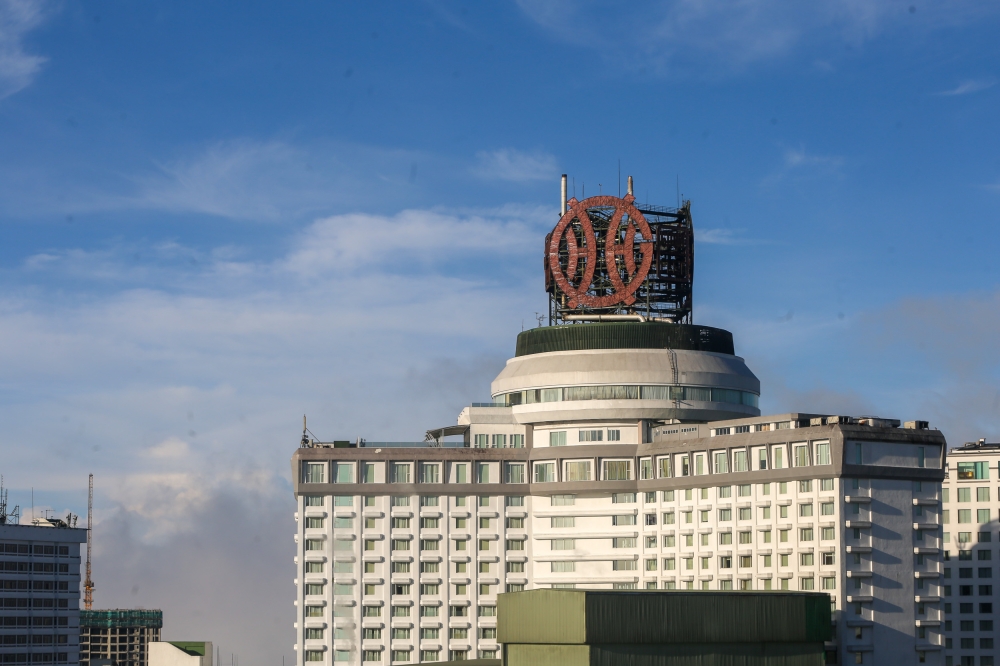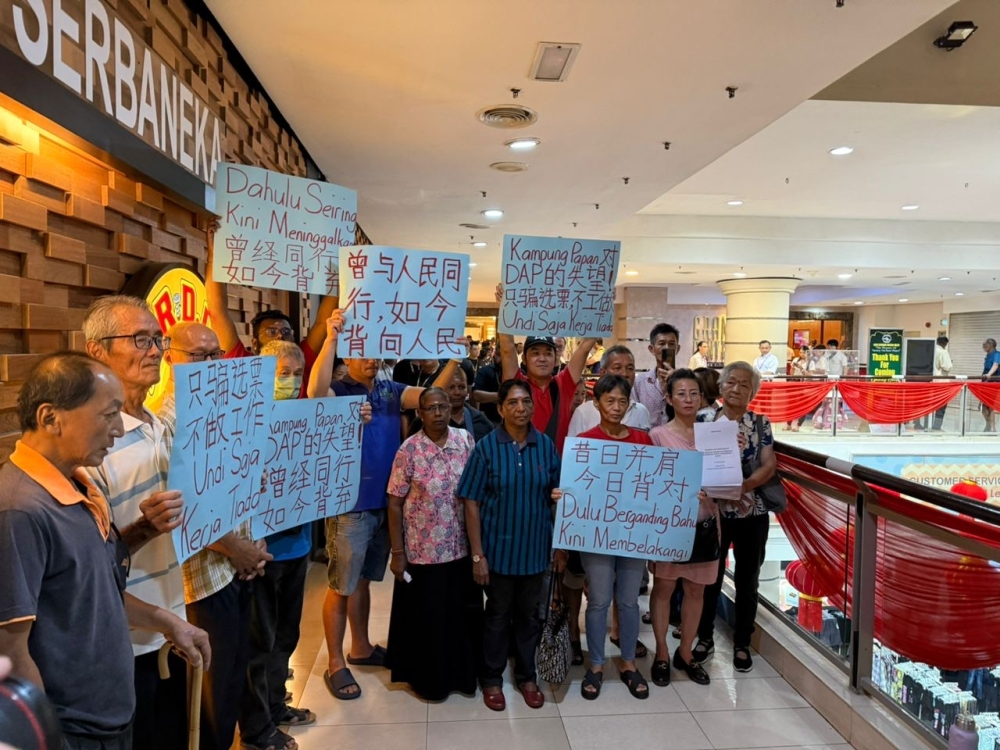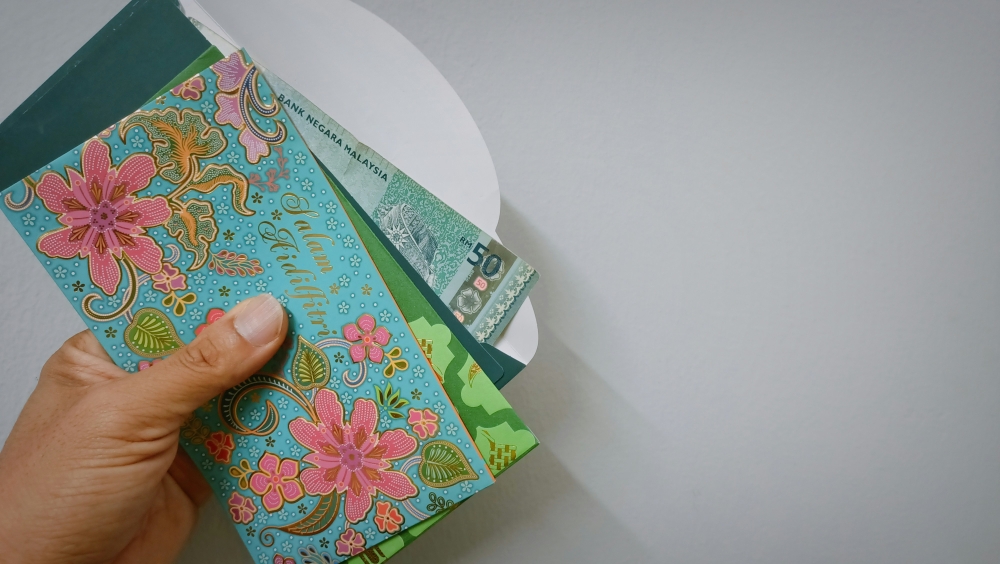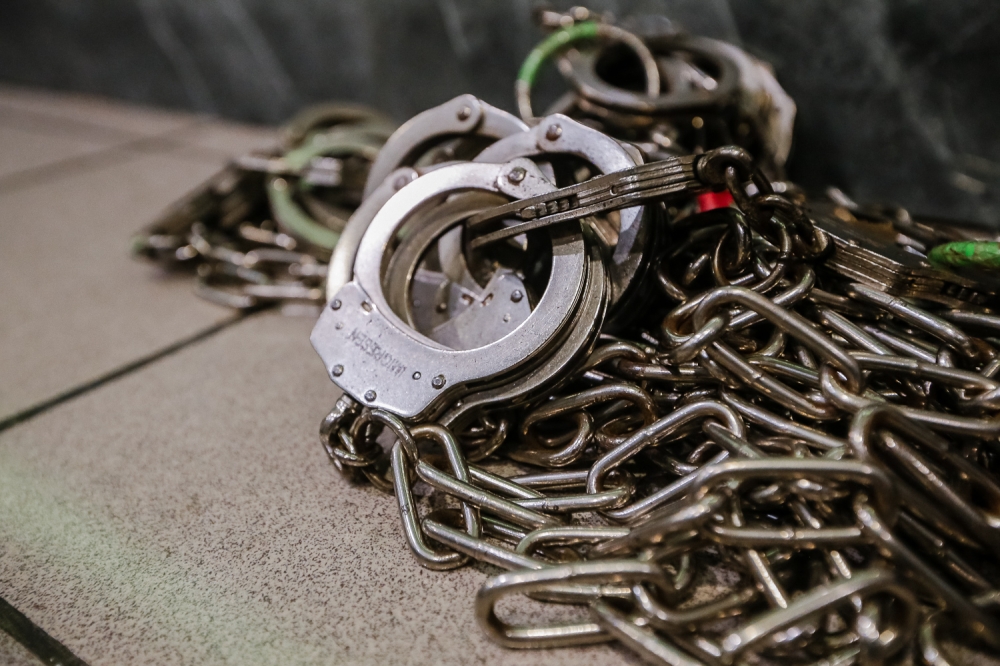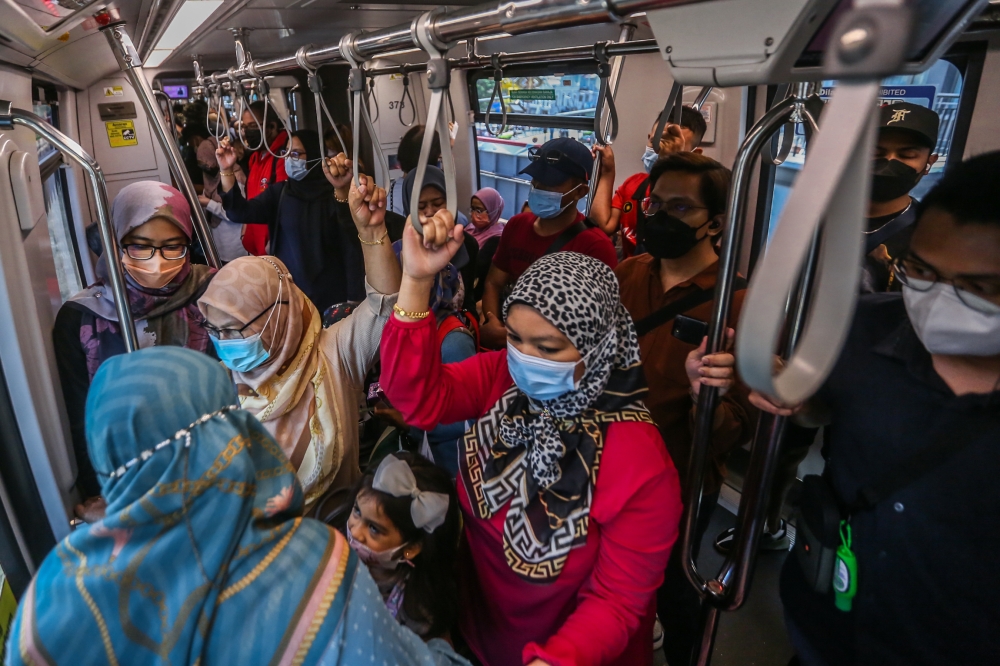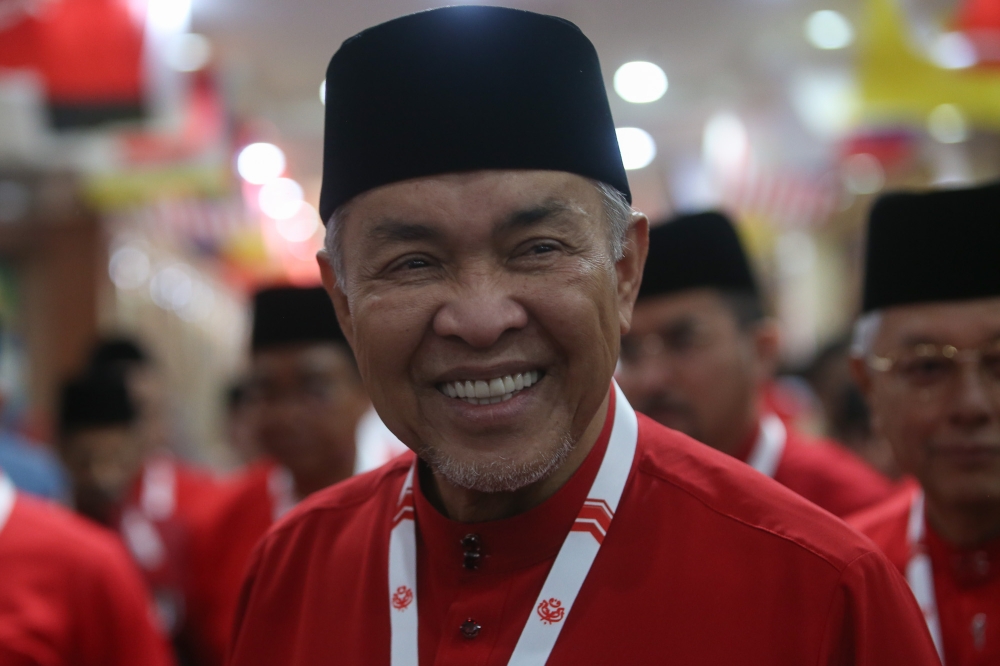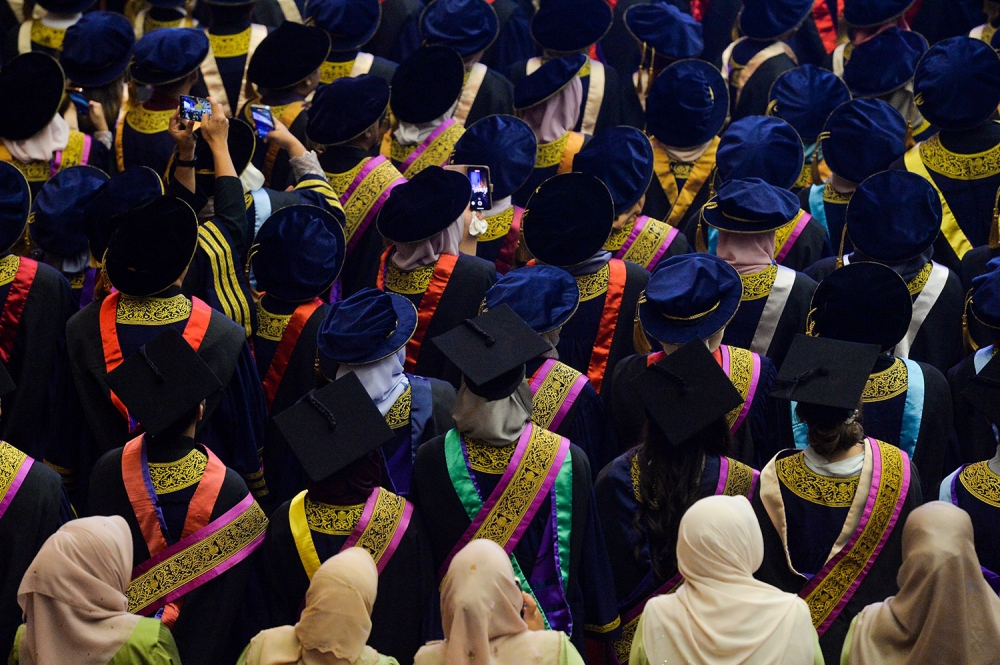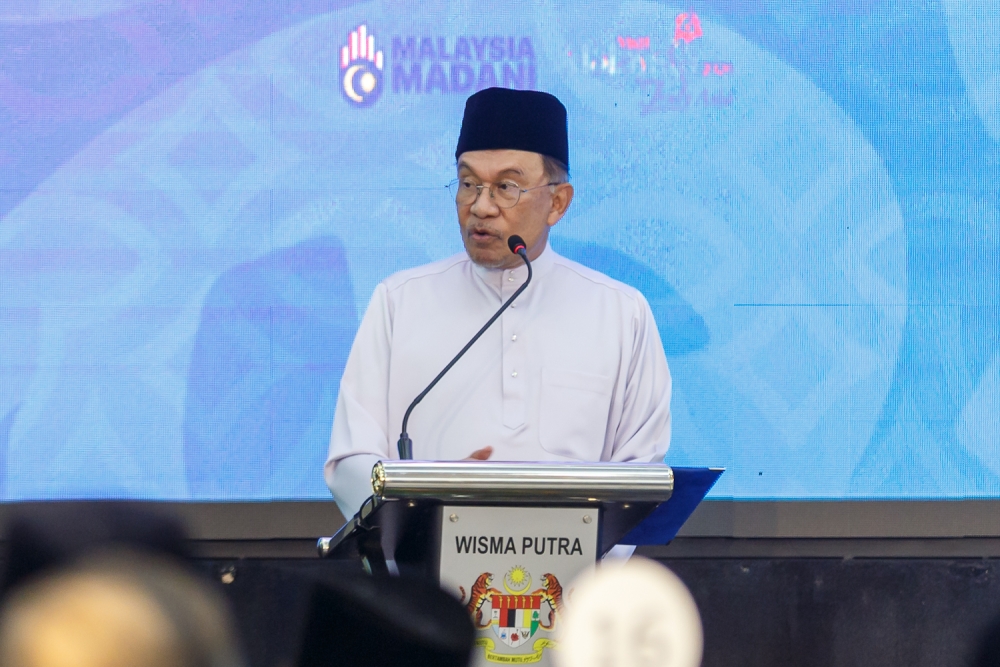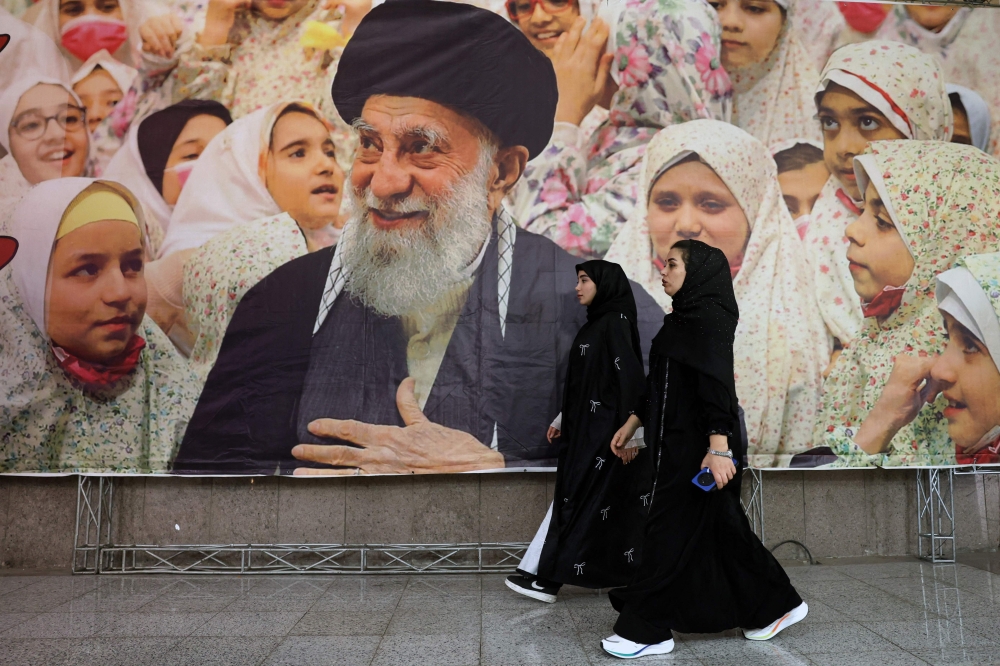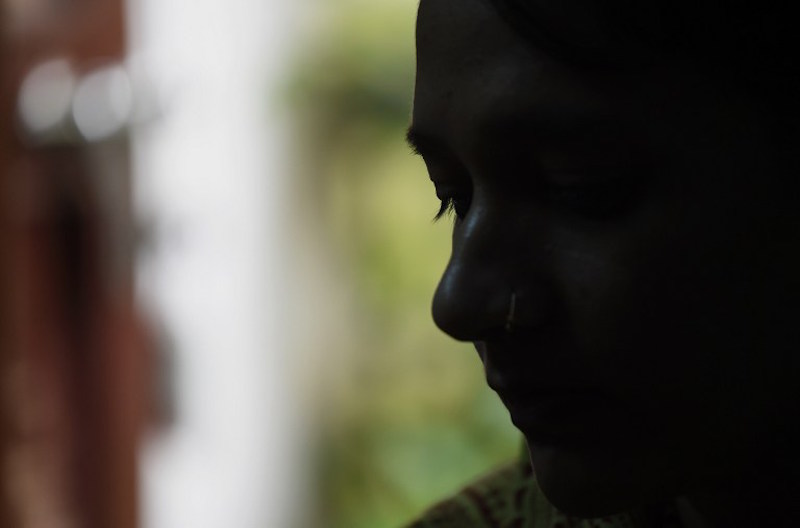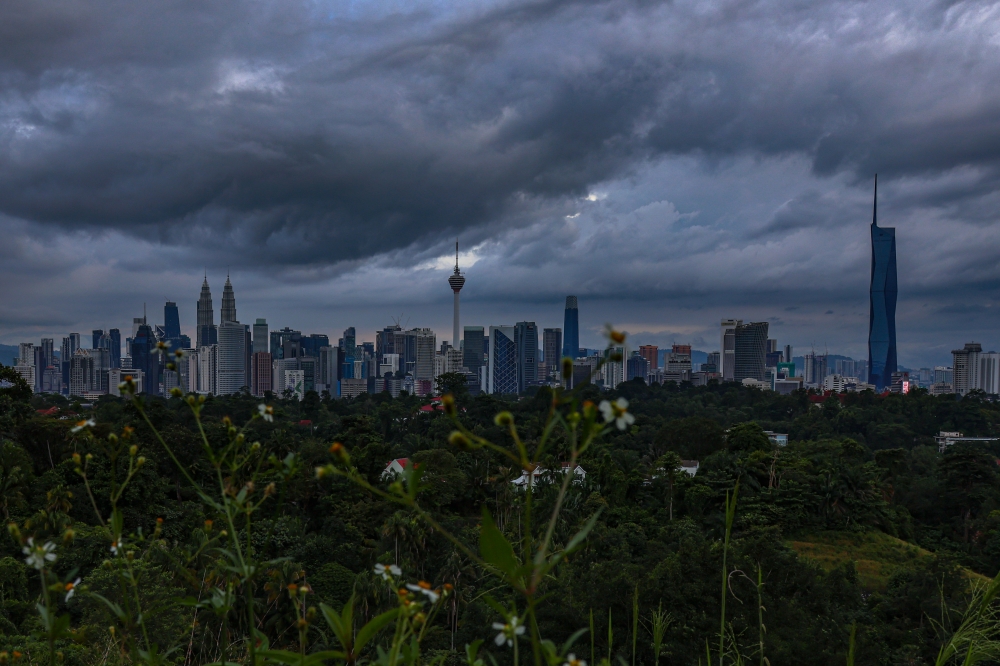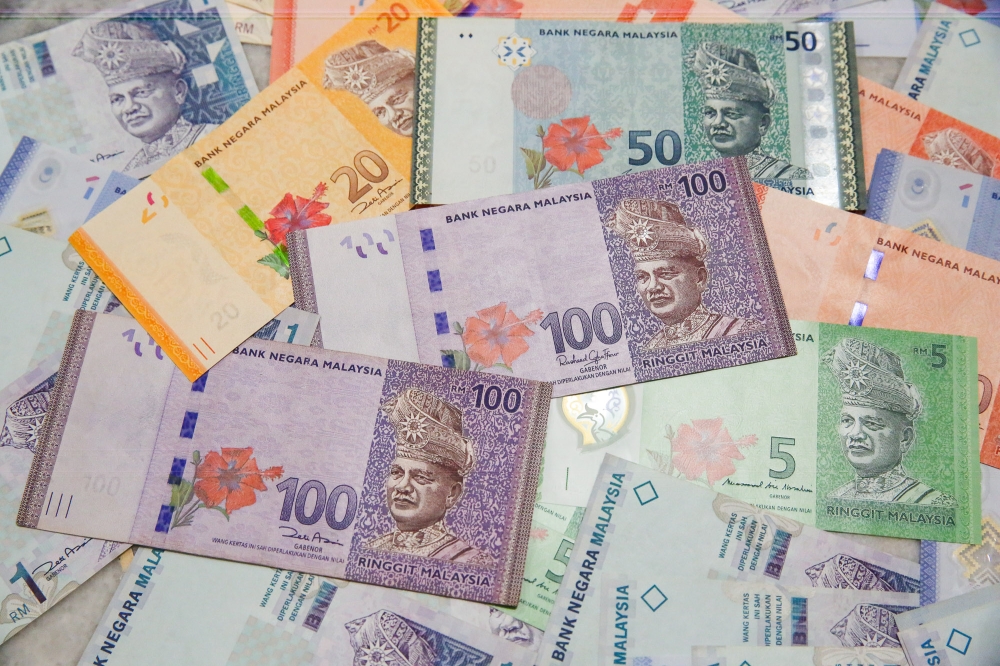KUALA LUMPUR, July 5 — The year is 1990. Yatie Jonet, an easy-going 15-year-old, spent most of her free time loitering around malls or coffee shops with her friends. Mostly boys, much older than her, who dabbled with drugs.
This was not an issue with her until that one fateful day. Yatie was at her then boyfriend’s flat together with a few of his friends. They drugged her with pills and one of them raped her.
Yatie said the incident came to shape her relationship with narcotics for the next 20 years. She turned hardcore.
In KL back then, heroin was deemed the “dirtiest” of all drugs and Yatie regularly shot it into her veins, often on top of other substances.
“It was crazy,” Yatie, now 44, told Malay Mail recently.
“I took anything. Whatever drug you can think of — ketamine, cocaine, ‘horse pills’ (a mix of amphetamine and caffeine) I’ve done it. I was doing heroin or morphine and mixing them with other stuff.”
Drug “cocktails”, a street slang for mixed substances, are highly dangerous and can be lethal particularly those involving opioids. Mixing substances also increases the risk of multiple or simultaneous addiction.
The World Health Organisation estimated close to 120,000 deaths in 2015 alone were caused by opioid overdoses, either from illicitly-produced heroin or prescription pills.
Medical experts attribute the staggering number of deaths to a growing trend of mixing fentanyl with heroin.
The former is a synthetic, short-acting opioid used to treat severe pain and said to have double the potency of morphine.
It is unclear if fentanyl is readily available in Malaysia, but illicit opioid addiction statistics have hardly changed since the height of the heroin epidemic in the 80s and 90s.
There were 131,841 drug users registered between January 2010 and February 2016, according to Home Ministry figures, and the numbers have remained about the same.
A failure of policy?
It is unclear how many drug-related deaths there are in Malaysia.
“I’ve been lucky,” said Yatie who has spent the last 10 years advocating for drug policy reform and harm reduction policies, programmes and practices that aim to minimise negative health, social and legal impact associated with drug use.
“I’ve seen people I know who just got worse, and found them in the back alleys of Chow Kit or in ditches.”
Harm reduction advocates believe the war on narcotics is more effectively fought through disseminating information about safe drug use, because they help educate users of the dangers that come with substance abuse, including identifying addiction early.
Yatie said she was among the thousands of users who plunged into addiction due to poor awareness about the substances they abused at the time.
And for the larger part, she feels the government’s predisposition towards the legal deterrent as the answer to addiction only worsened matters; prisons are filled with hundreds of thousands of drug users who otherwise could have been rehabilitated, destroying lives and thousands of families — mostly poor — along the way.
In 1998, eight years after she was drugged and raped, Yatie felt the full force of the state’s war on drugs when a late-night police raid of her house in Gombak led to her first arrest. She was with her then-boyfriend, a small-time dealer.
“I was with him because I could get drugs easily,” Yatie, 24 at the time, recalled.
“I became dependent so I went from one guy to another who were able to feed my addiction. At that point of time, I just stopped caring. My parents, people around me said I was problematic, so I just decided okay that’s what I am.”
For nearly two months after her arrest, Yatie moved from one lock-up to another, which rights groups claim is a textbook tactic to intimidate, humiliate and prevent detainees from access to legal representation, as a result of the policy that criminalises drug users.
“It was humiliating. I was handcuffed and paraded around before reporters,” she said. “My boyfriend at the time was kicked and punched repeatedly… it’s all intentional. The idea is to treat us like criminals.”
Tales of corruption
And at the federal Serenti, or One-Stop Rehabilitation Centre in Kemumin, Kelantan, where she was sent for rehabilitation, things were not much better.
Yatie said scuffles between detainees and staff were a regular occurrence. “Ragging”, a euphemism for extreme physical bullying, of new detainees by senior counterparts was common, often on the orders of wardens who at times would join in the abuse.
Drug use in these centres is also not unheard of, although Yatie said this was more common in the male Serenti camps.
Staff members are often bribed large amount of money to smuggle in drugs like syabu or heroin while light contraband like tobacco, a major commodity, is usually traded and sold at an inflated price.
“When my mum used to visit me, she would always give me some money,” the activist said. “In there you need money, you know, to buy stuff. You won’t survive in there without the money.”
Several former male Serenti detainees Malay Mail spoke to confirmed the allegation. They said “money buys everything” in the centres, and instances of Serenti staff sharing drugs with detainees were “normal” although not prevalent.
Malay Mail could not independently verify the information.
As for the “rehabilitation” itself, Yatie said modules were predominantly based on character-shaping like religious programmes or community therapy, which is based on a peer support system that banks on the success stories told by “reformed” addicts.
But none of the modules directly address the root causes of addiction, a psychological component that experts said is crucial to identify factors leading to dependency.
Yatie said instead the modules at the time focused on instilling discipline by drilling into detainees the idea of self-control as paramount to contain cravings. For the Muslims, religion is added into the mix — they are told to pray and think of Allah should the urge to relapse occur.
And while these programmes may have succeeded in rehabilitating some, they were mostly found to be ineffective to treat the rest.
“I wouldn’t say the modules don’t work, just that they don’t work for everyone,” she added.
Drug law reform activists and addiction treatment specialists said the conditions in these rehabilitation centres have given rise to an expression found common among former detainees: That users become worse and come out “damaged.”
“If you’re a light user, Serenti is where you become hardcore,” one former Serenti detainee told Malay Mail.
“That’s where most light users learn how to use harder stuff like ubat (Malay street slang for heroin), because you meet all these hardcore addicts. I mean they use drugs in there, are you expected to learn anything?”
The National Anti-Drugs Agency (AADK), that administers the centres, was not reachable for comment.
Official figures show over half of Serenti’s inhabitants relapse within the first month of getting out, while the number of repeat offenders (users caught in possession of small amounts of drugs) in jail hover around the same number, Yatie being one of them.
She was arrested for heroin possession in 2003 and 2004 and served jail time for six and eight months respectively, before she was detained again and sent for rehabilitation a second time at the Serenti centre in Bachok, Kelantan.
In contrast, half of the addicts at publicly-funded Cure and Care clinics, which allow drug users to seek treatment without being detained or prosecuted took longer to relapse, usually after a year.
Root causes
Barely out of Serenti, Yatie was caught and arrested for possession again, only this time on more serious charges.
By then, already in her 30s, Yatie had been in and out of jail and rehab four times. This would be her fifth encounter with the criminal justice system.
She was prosecuted and convicted for possession under the Prevention of Crime Act 1959, a move in line with a policy shift grounded yet again on the idea that harsher laws could reform users.
She was convicted and banished to Terengganu where she continued to use drugs.
Yatie said if her stints in jail and the Serenti camps did little to treat her addiction, the criminal record she now carries only served to hasten recidivation.
Former convicts or Serenti detainees like her often find it tough to secure employment because they are registered under the Criminal and Unwanted Persons Registry Act 1969.
Harm reduction advocates said this lack of financial stability, the absence of social support and social stigma are among the main reasons why so many addicts relapse.
“The Serenti (rehabilitation) programmes just didn’t work for me,” she explained. “And I couldn’t find a job because I have a record. So when you stay in a place like Terengganu without a job and money, you just get back straight to it.”
To support her habit, she did what most hardcore female addicts typically do: jumping from one dealer “boyfriend” to the next and “selling small time” to earn one fix after the other.
This toxic relationship with illicit narcotics, said Yatie, underscores the ordeal faced by thousands like her who receive little of the health, psychological or social support experts said is crucial to help addicts rehabilitate.
In fact, the 44-year-old said it took her nearly 20 years to understand that the underlying cause of her addiction was a subconscious need to cope with the trauma of being raped, something she had to discover herself after learning about the psychological aspect of addiction.
“I only figured this out like three or four years ago... by chance,” she explained. “It was this doctor who helped me realise that my problem was psychological, that the trauma from rape could be the underlying reason that caused me to be dependent.
“When I was in Serenti or jail, nobody ever asked me why I did drugs, so I never asked myself either.”
The Pakatan Harapan government said last week it plans to decriminalise personal drug use and treat addiction as a health problem, following in the footsteps of over 30 countries that have had considerable success in treating addiction through harm reduction.
Health Minister Datuk Seri Dzulkefly Ahmad said in a statement on Thursday that it was time Malaysia concede the war on drugs has failed, and called for a scientific-based approach to tackle what he called a chronic medical relapse condition.
He stressed the need to identify and address root causes like poverty and mental health, preconditioned triggers that often elude the scope of punitive laws.
Yatie, who was first recruited by AADK as a peer support executive, has spent the last six years training, researching and advising several drug policy reform groups on harm reduction, sees the announcement as a personal victory.
She expressed hope that this administration’s promise to reform drug laws would expunge her past records, so she and thousands of others like her can resume normal life after decades of battling addiction and stigma.
“People like us have had to suffer before we got to where we are today,” she said. Yatie admitted that she remains a drug user until today although in “manageable” quantities, a condition she described as “beyond control.”
She added that her inability to secure a job after her last employer, the Malaysian Aids Council (MAC), discontinued her contract six months ago, drove her to use again.
She is still seeking help and employment.

